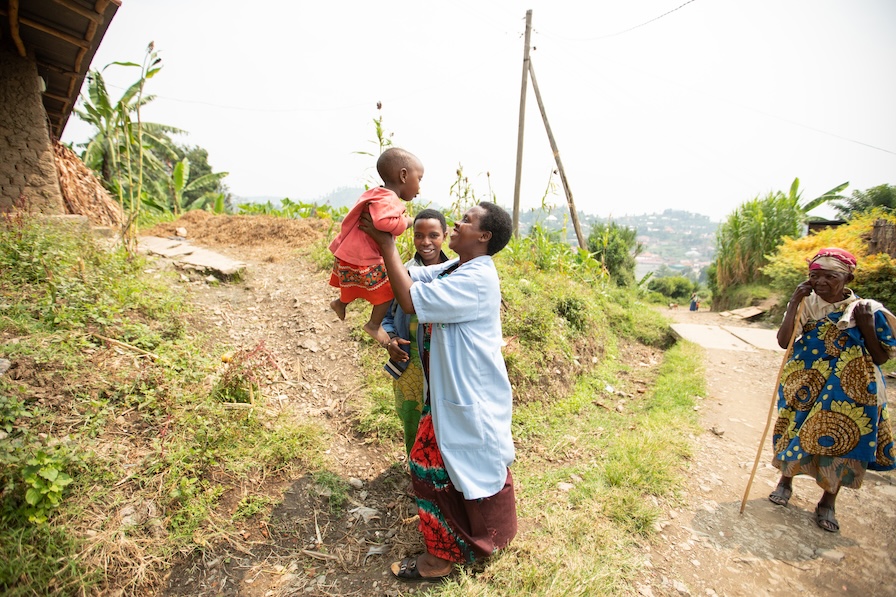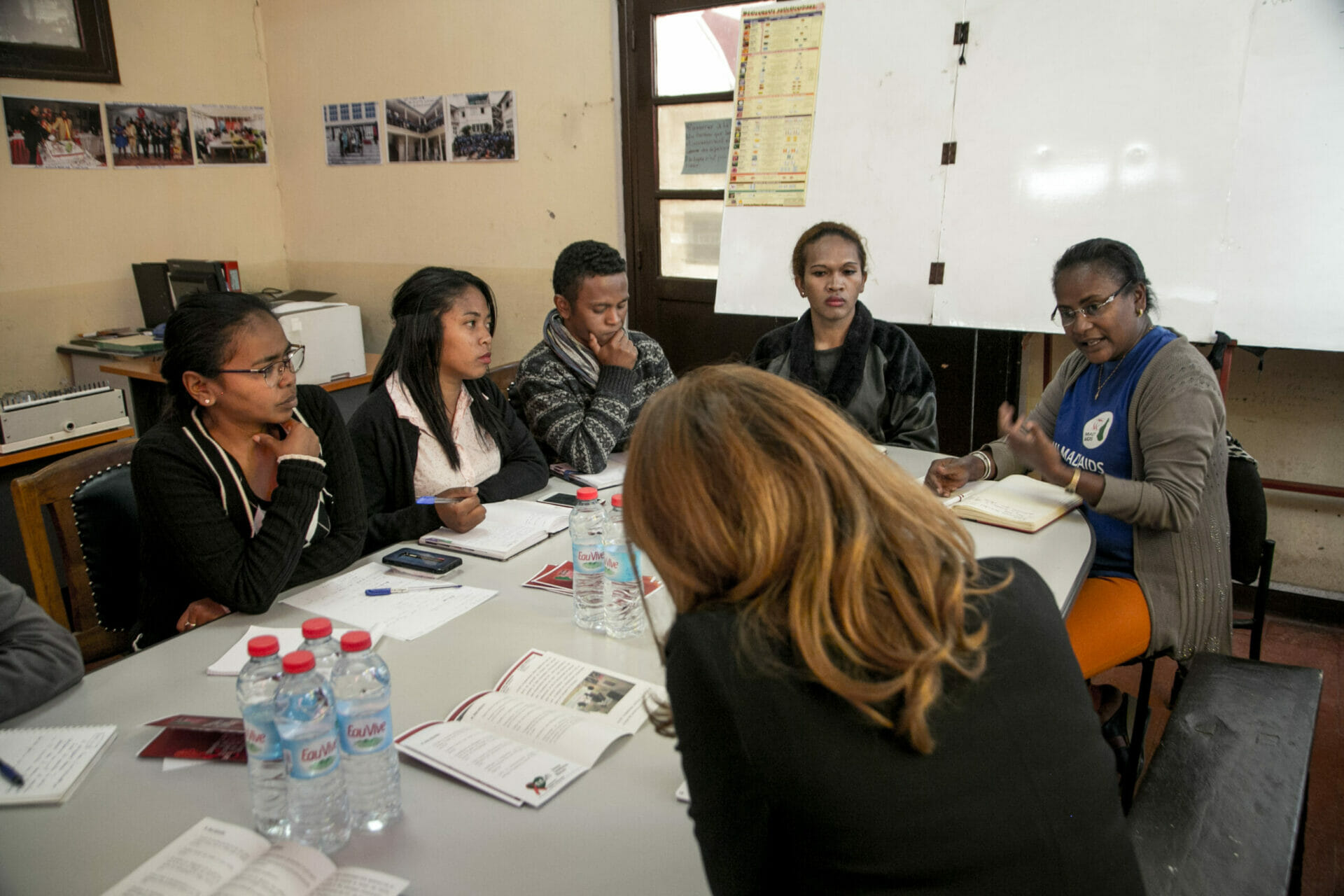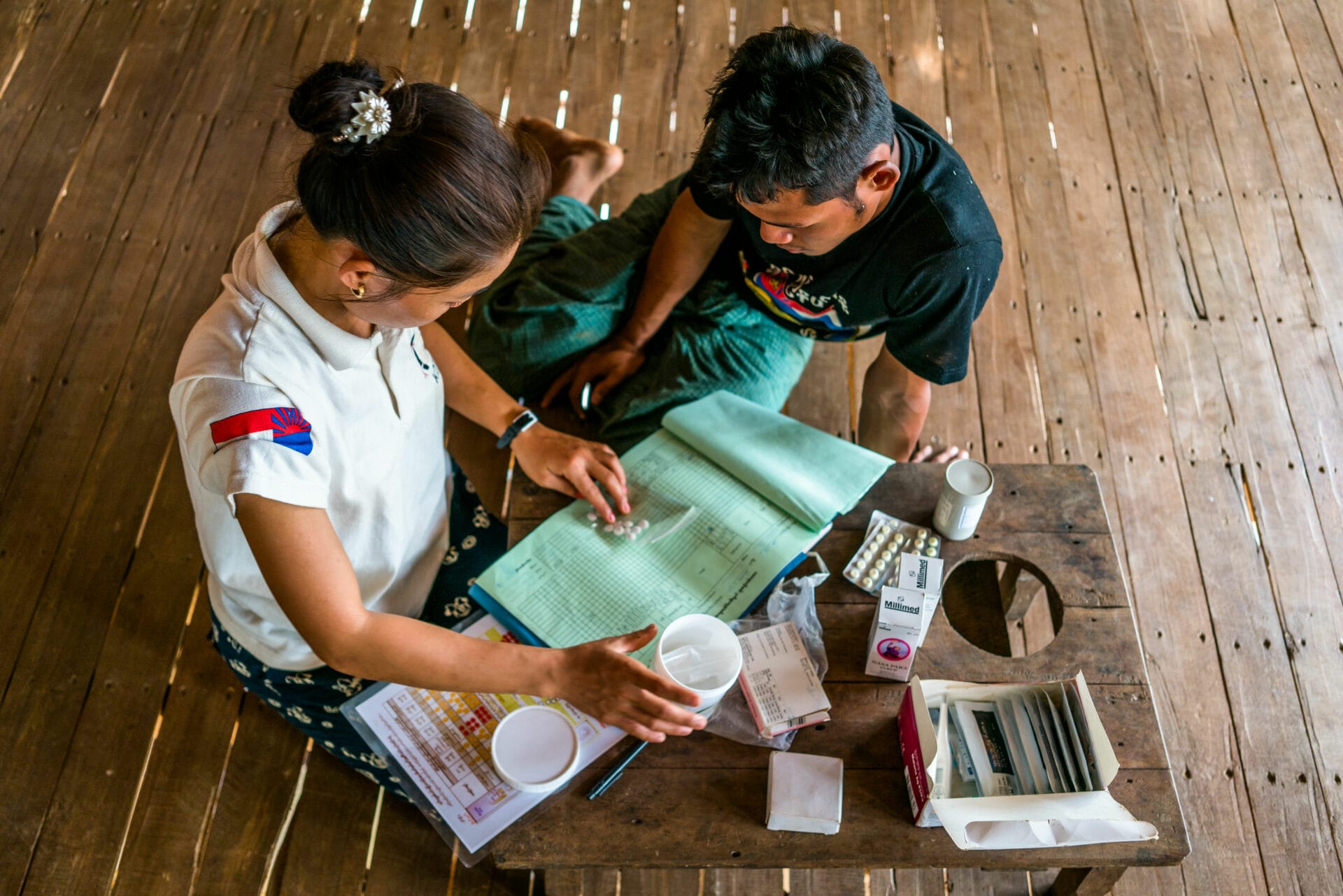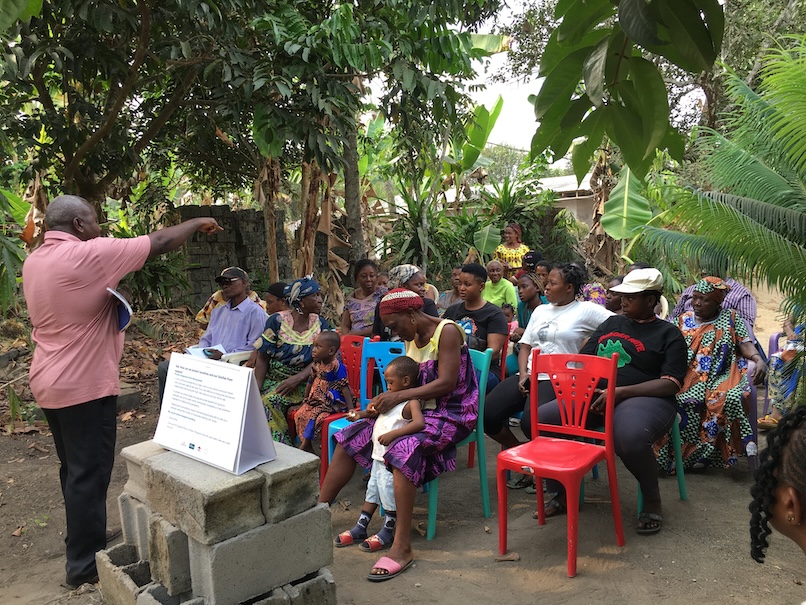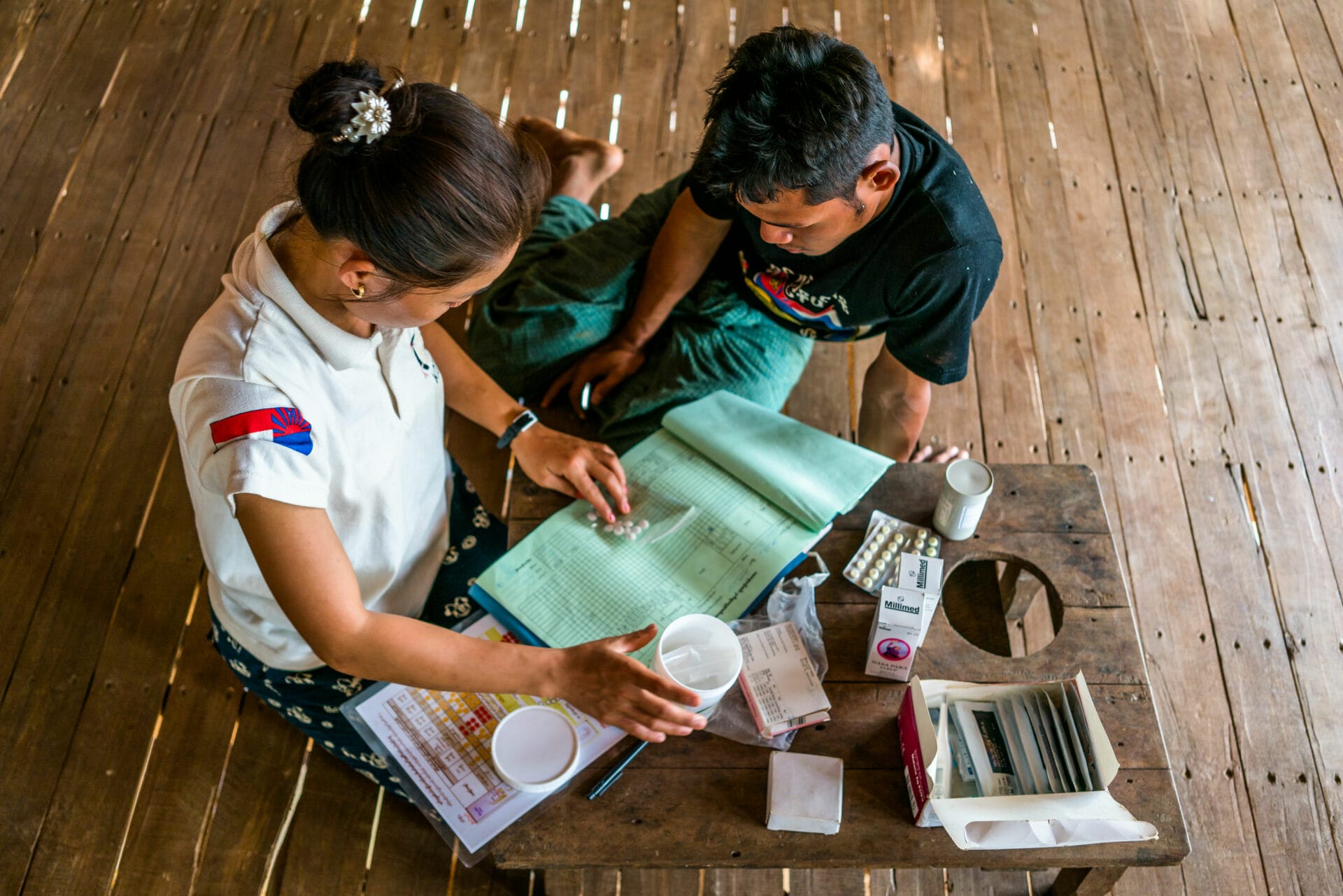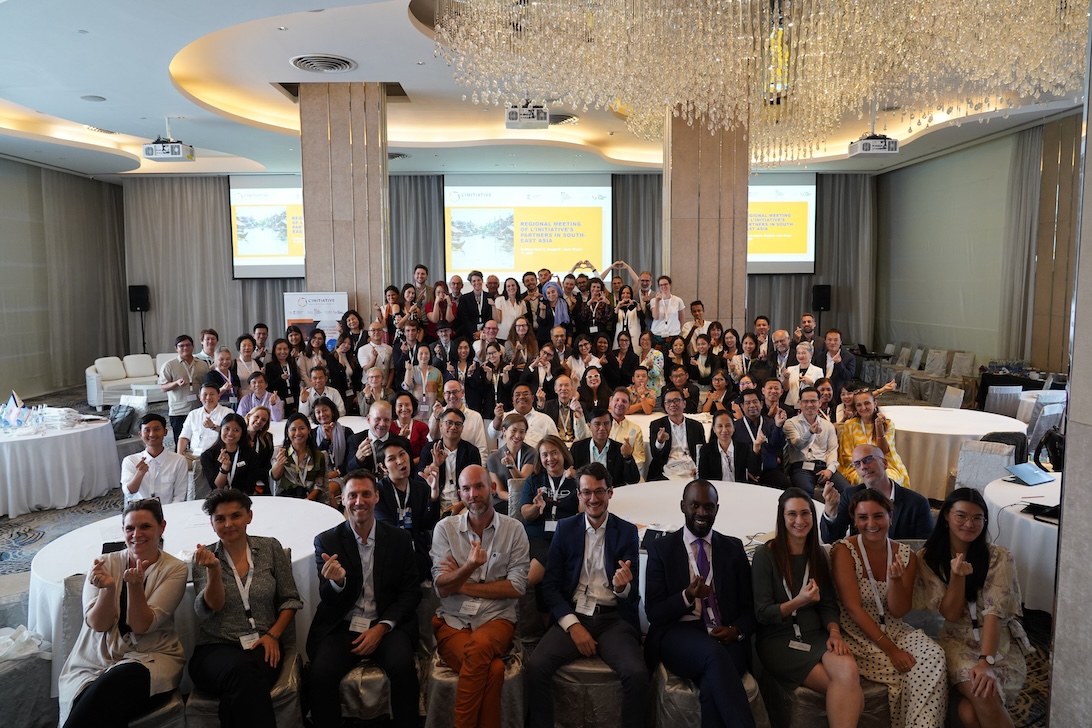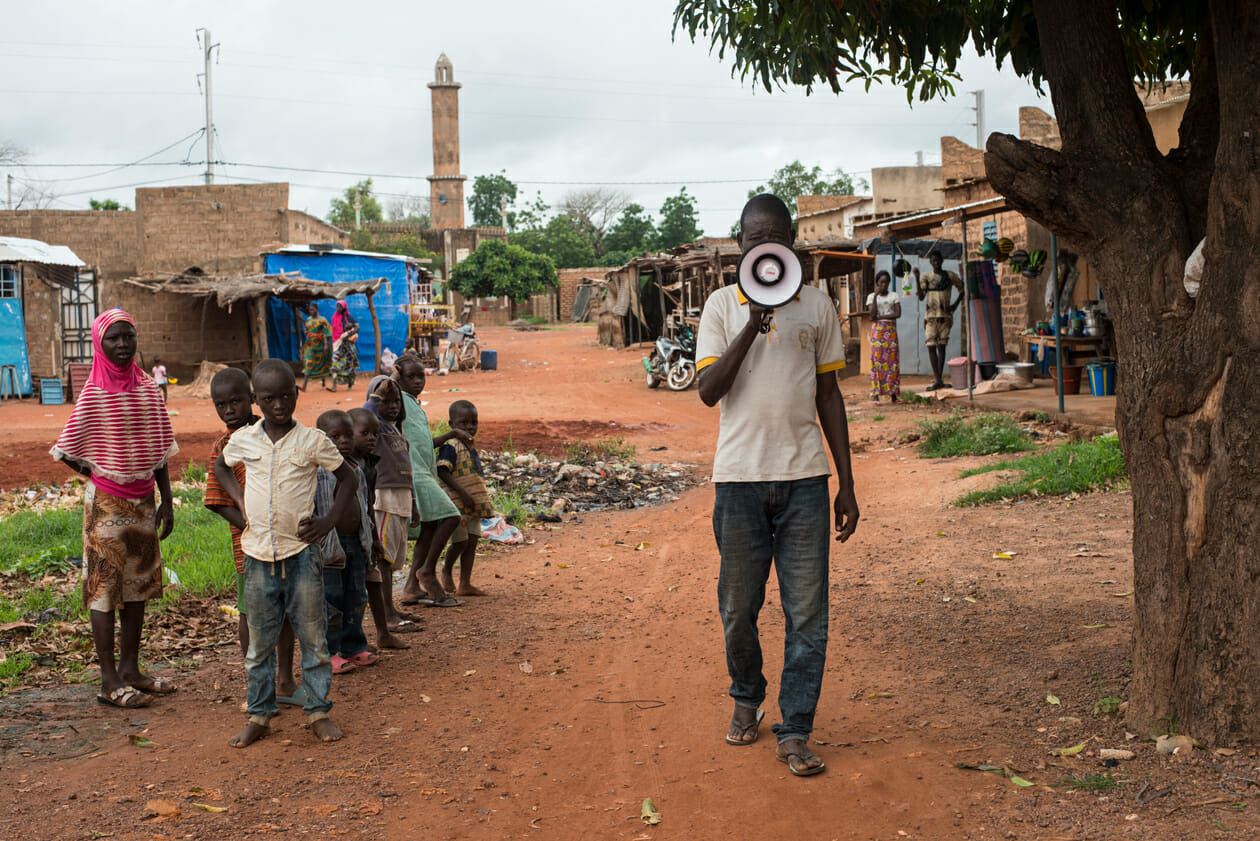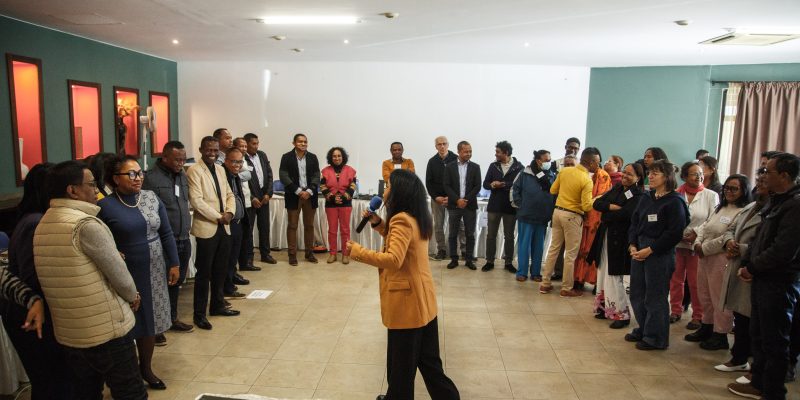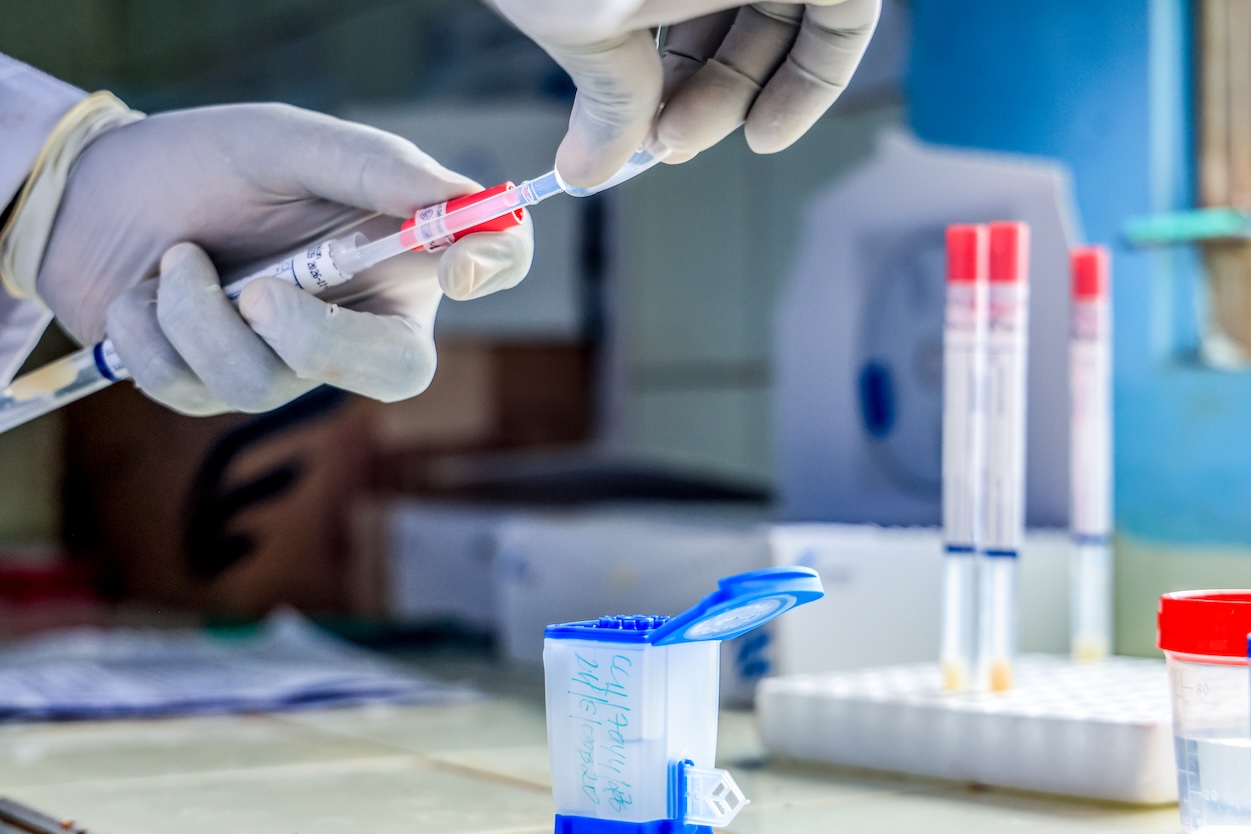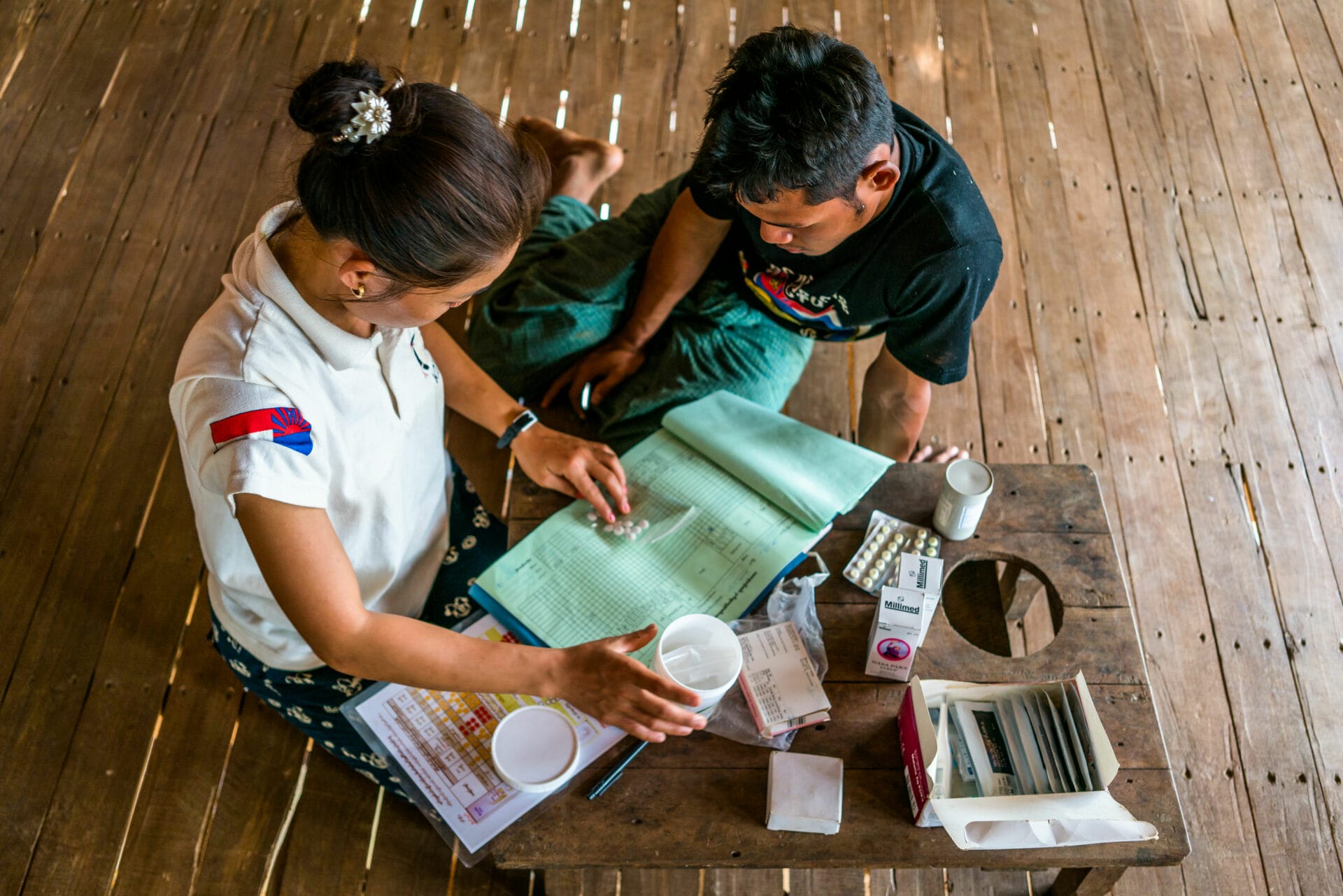From Emergency to Health System Resilience
In humanitarian crisis settings, L’Initiative responds swiftly and flexibly to support health actors and maintain access to essential services. Its response efforts target the most vulnerable populations, who are often disproportionately exposed and discriminated against in deteriorating contexts. To address long-term issues, L’Initiative works to strengthen the resilience of health systems affected by crises. With tailored interventions and targeted expertise, it helps sustain projects on the field while improving prevention, preparedness and response capacities.
Maintaining Access to Care in Times of Crisis
Crises – including armed conflicts – create extreme vulnerability. The destruction of infrastructure and population displacement make access to healthcare more difficult, both geographically and financially. In many host areas, health systems are already fragile and overwhelmed, deepening inequalities in access to basic health services. Making the right to health a key priority, especially where it is under threat, L’Initiative aims to preserve the effectiveness of the healthcare chain – testing, treatment, and follow-up – even in disrupted environments.
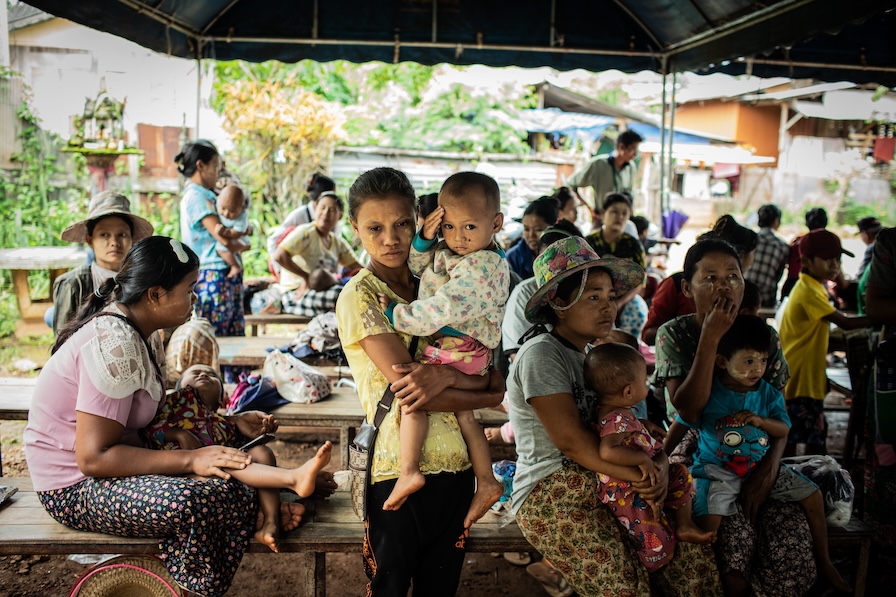
The Challenge of Healthcare Access for Burmese Migrants on the Thai Border
Along the Myanmar-Thailand border, hundreds of thousands of migrants lack access to the Thai healthcare system. The documentary “Myanmar-Thailand: Healing Across Borders” highlights two projects supported by L’Initiative that facilitate medical care for these vulnerable populations.
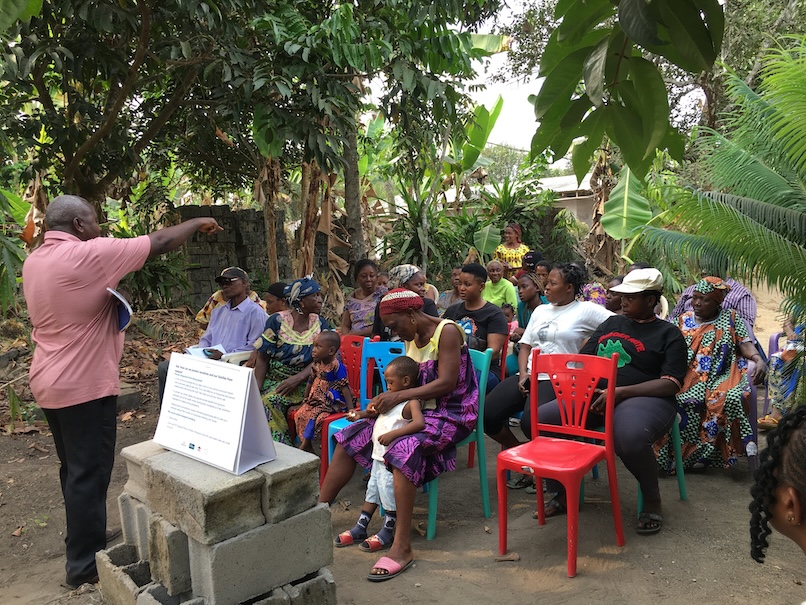
Fighting Malaria in Cameroon Through Community Collaboration
In Cameroon, malaria is particularly prevalent in the Southwest and Littoral regions, where conflict has displaced hundreds of thousands of people. The operational research project Breaking Barriers (Improving Access to Antimalarials for Conflict-Affected Communities) implements several innovative strategies to reduce the spread of malaria and ensure treatment for vulnerable populations.
Supporting the Most Vulnerable
War contributes to the resurgence of epidemics and impedes access to healthcare. In such contexts, vulnerable populations face heightened exposure. LGBTQIA+ individuals and people who use drugs – particularly women living with HIV who inject drugs – face double criminalization and increased stigma. Crises exacerbate intersecting vulnerabilities related to gender, HIV status, drug use, and social exclusion. L’Initiative supports a range of projects that incorporate these intersectional challenges.

CoMPSS: Supporting Women Who Use Drugs During Wartime
The war in Ukraine has intensified the vulnerability of at-risk populations, especially women who use drugs. These women face heightened stigma, domestic violence, and sexual abuse. Led by the Alliance for Public Health (APH) and VONA, the CoMPSS project provides them with psychological, social, and medical support, including access to opioid substitution therapy (OST).

SIDC Works to Ensure Access to Healthcare for Lebanon’s Most Vulnerable
Since 1987, the Lebanese non-profit Society for Inclusion and Development in Communities (SIDC) has worked tirelessly to ensure access to quality care and treatment for vulnerable populations, especially people living with HIV. It provides psychosocial support and referral to complementary services within or outside the organization. Through the Gateway to Better Health project, supported by L’Initiative, SIDC promotes stigma-free healthcare services in Lebanon to meet the needs of the most marginalized.

